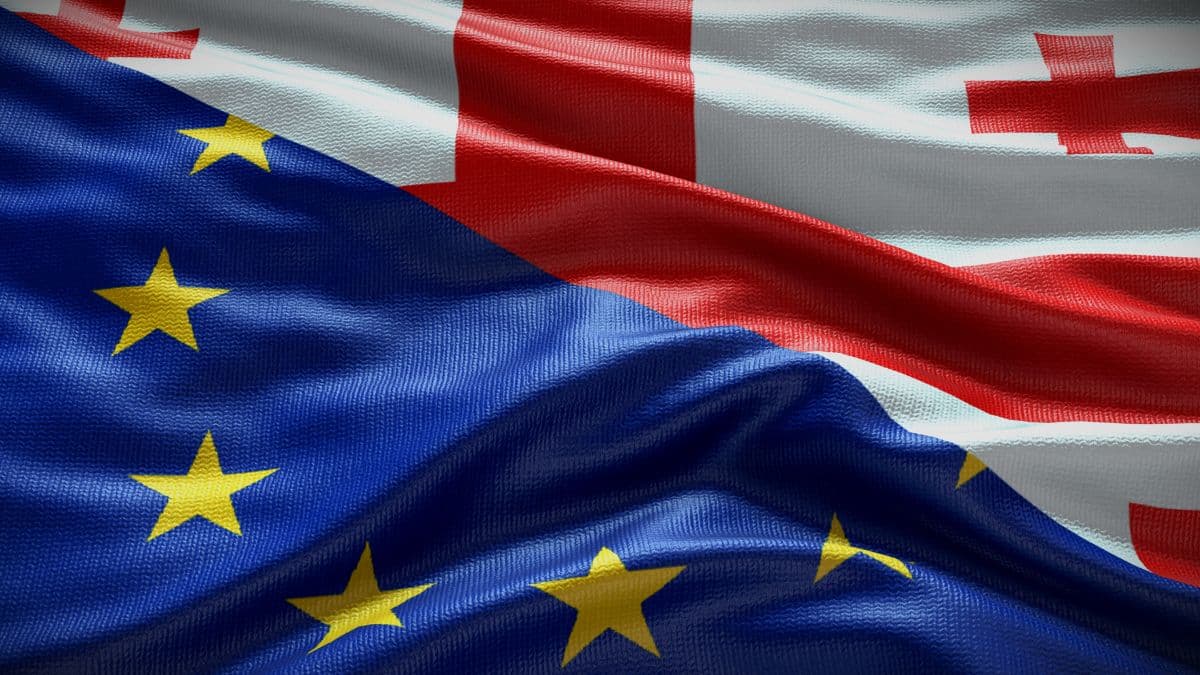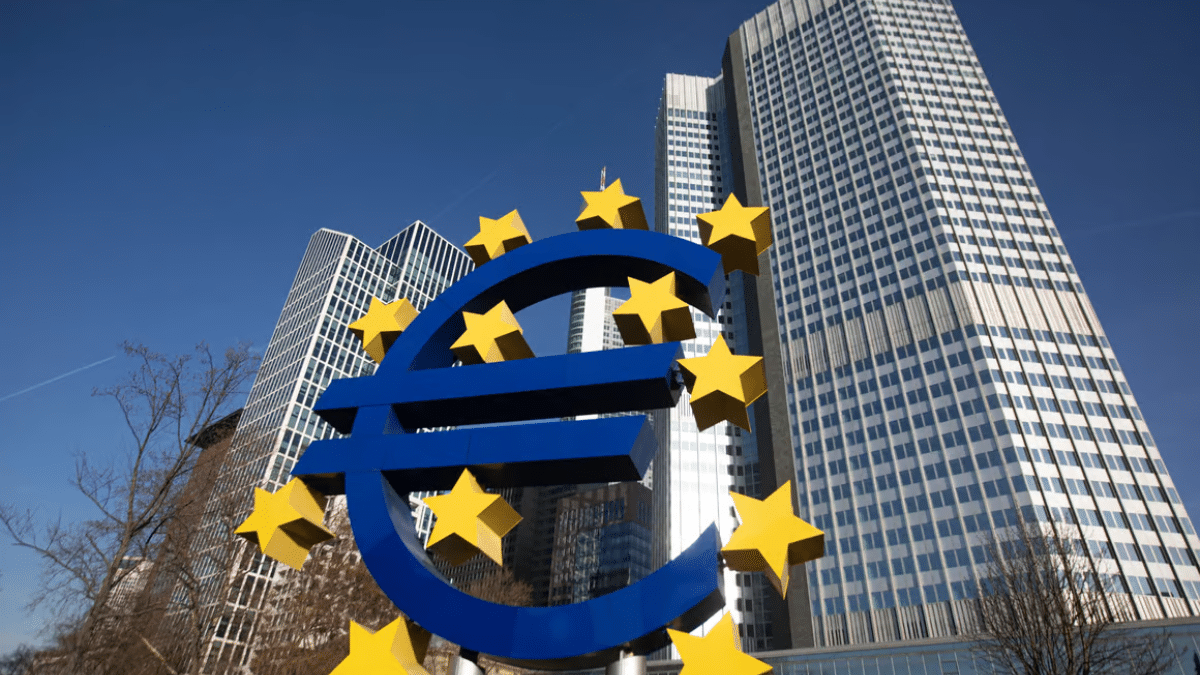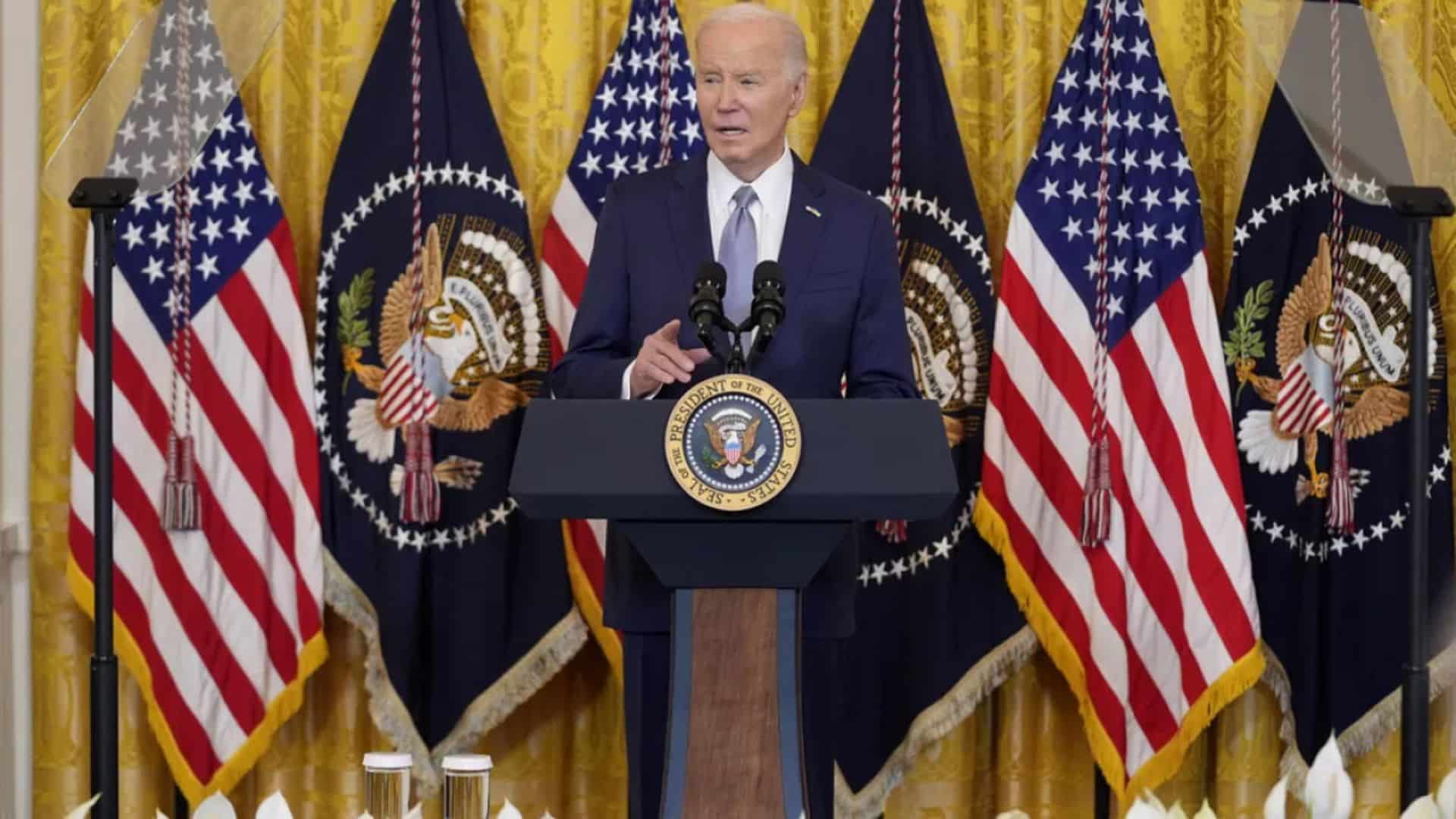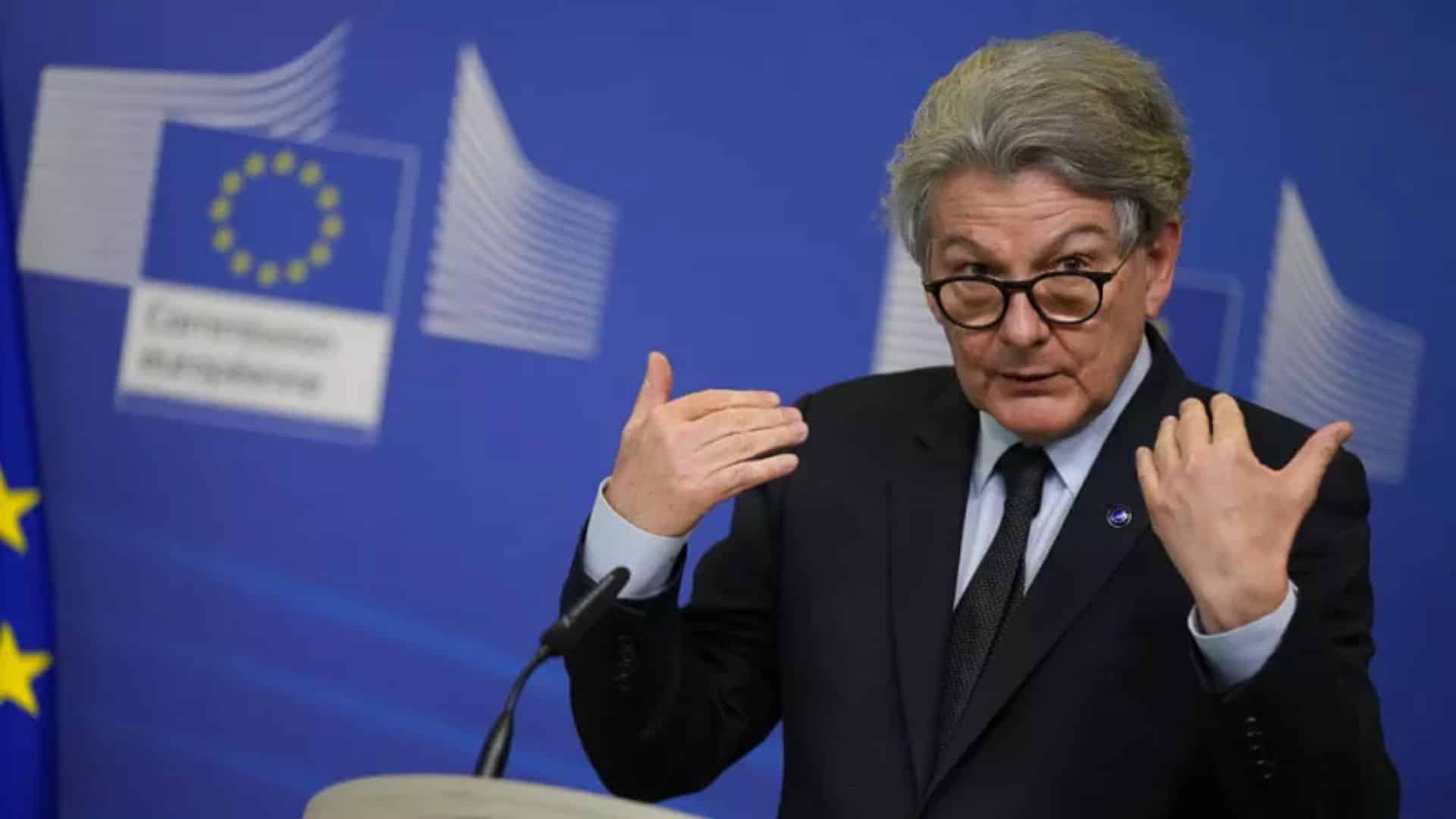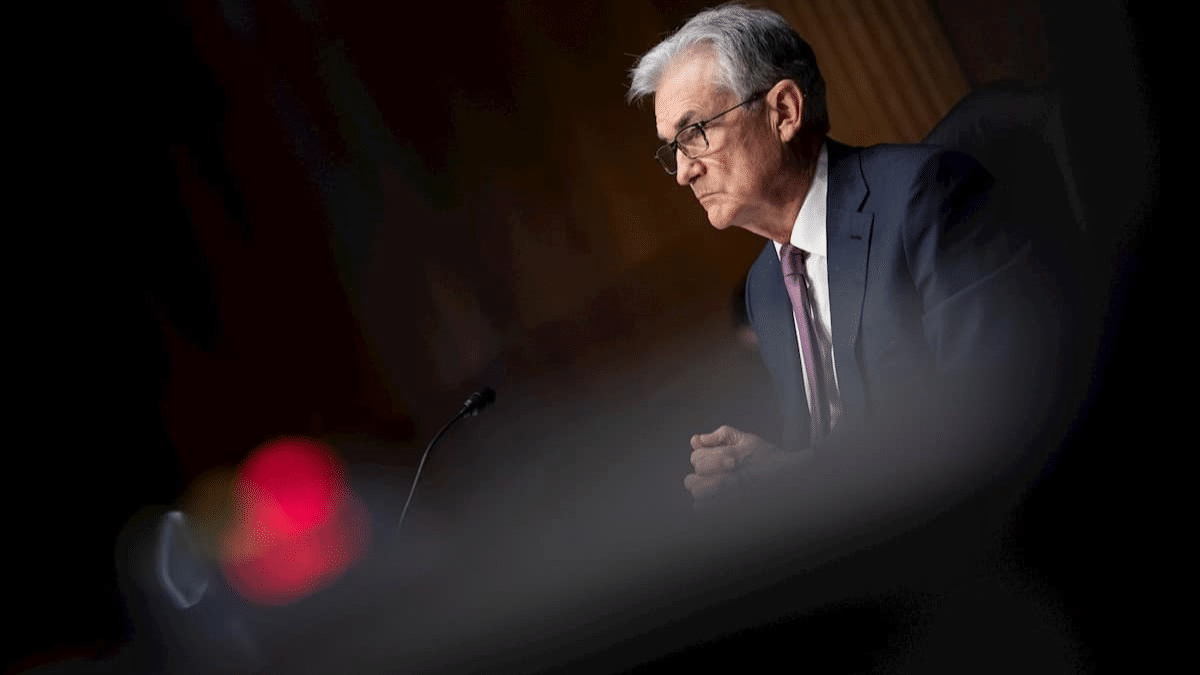
After the ECB, the Fed takes over on interest rates
European stock markets face a new interest rate meeting next week, in this case by the US Federal Reserve (Fed) on Wednesday, which is not expected to raise interest rates again, unlike last Thursday’s decision by the European Central Bank (ECB), which decided to raise them by 25 basis points.
The week in the eurozone will begin on Tuesday with the definitive publication of the year-on-year change in the general CPI in August, after standing at 5.3% in its first reading, and after the ECB’s rate hike.
Two days later, the European Commission’s provisional September consumer confidence data for the eurozone will be released, and the week will end in the European currency area with the preliminary release of this month’s manufacturing and services PMIs.
Also on Thursday, in the UK, the Bank of England meets and is also expected to raise interest rates by 25 basis points. A day later, the Bank of Japan will meet and is expected to keep its monetary policy unchanged.
In addition, the UK will release its August CPI year-on-year change on Wednesday.
The Fed’s interest rate meeting on Wednesday.
The most awaited key for the markets will come from the US midweek when the Fed’s decision on its benchmark interest rate will be known, after deciding last July to resume hikes after pausing them the previous month.
Investors will be watching the statements of US central bank Chairman Jerome Powell for possible clues as to whether the Fed will hike by an additional 25 basis points before the end of 2023.
In this regard, the International Energy Agency (IEA) Crude Oil Inventories will be released on Wednesday.
In the Asia-Pacific region, the week will be marked by the meetings of the Chinese and Japanese monetary authorities.
Thus, on Wednesday, the PBOC will publish its one-year prime lending rate in China, currently at 3.45%, in an environment marked by the complex recovery of its economy after its reopening.
Later on Friday, the Bank of Japan will hold its interest rate meeting, after deciding to relax its strategy of controlling the interest rate curve at its previous meeting.
Ruiz highlighted the collateral damage being suffered by the Japanese currency, the yen, which continues to depreciate, and referred to some statements that point to a possible intervention by the Bank of Japan to try to control the depreciation of the currency.

